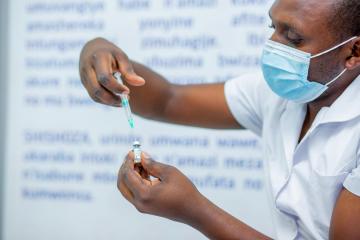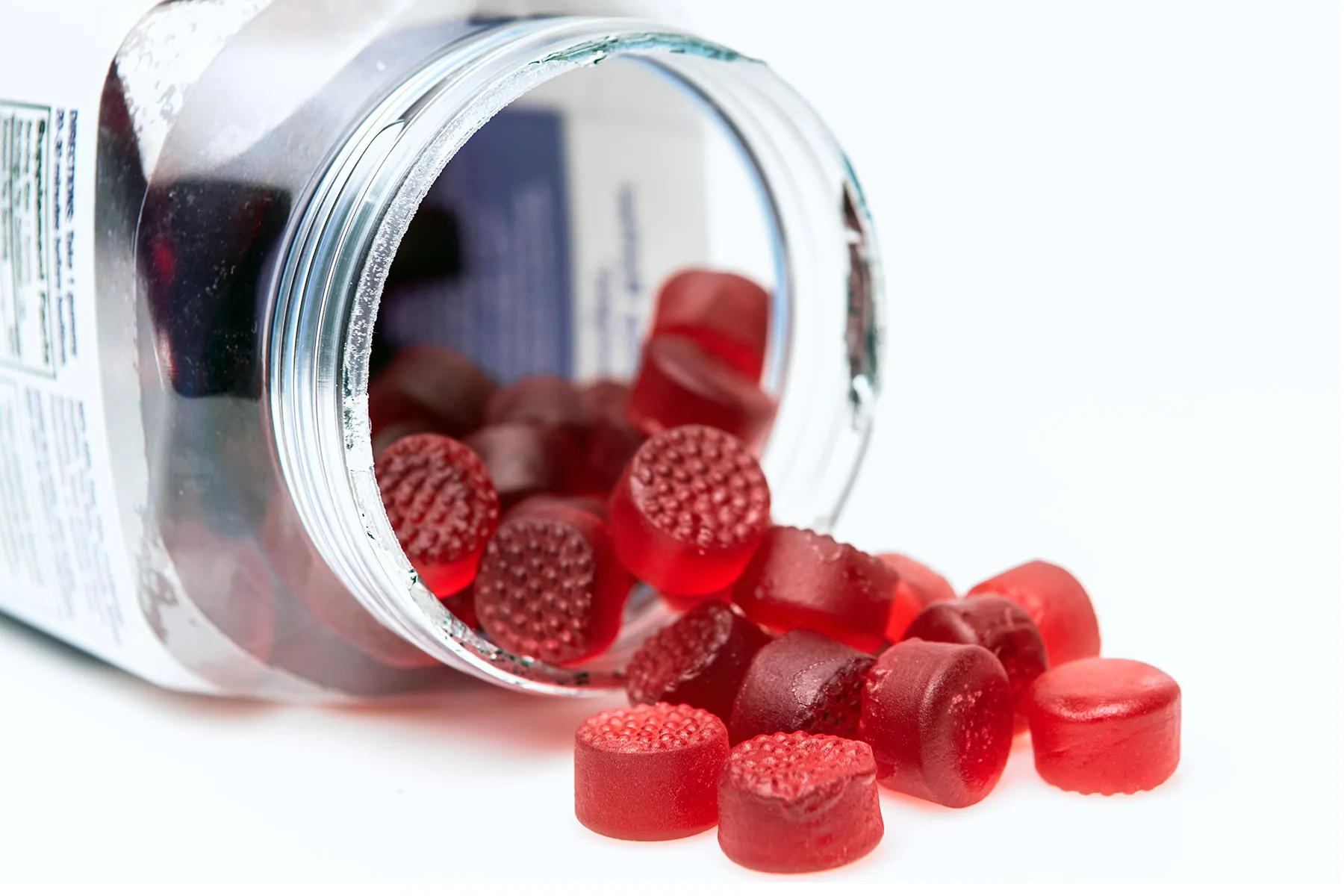To Teri DiCesare, grandmother of two and director of Philadelphia’s House at Pooh Corner daycare center for nearly a half-century, kids’ resilience looks a lot like her daily noontime scene: toddlers and preschoolers — masks off, lunches out — chattering. Slurping from juice boxes. Being silly.
“Resilience means adaptability,” says DiCesare. “It means that children adjust to change.”
There’s been a lot of change and upheaval to contend with these past few years. Some grown-ups may shrug off the impact on children, especially on the youngest ones. They say things like, “Kids are resilient. They’ll be fine.”
But it’s more complicated than that.
Children’s resilience — their ability to thrive in the midst and aftermath of a crisis — depends on who they are, what their lives were like before, and how the adults around them (including parents, other relatives, and community caregivers) respond.
No doubt, recent events have taken a toll. In a 2020 survey of 1,000 U.S. parents, 71% said the pandemic had negatively affected their child’s mental health. And CDC data show that there were 24% more mental health-related emergency room visits for children ages 5-11 between March and October 2020, compared with the same period in 2019.
Other studies have traced the effects of climate change and violence — whether witnessing or experiencing it — on young children, noting problems like depression, anxiety, phobias, irritability, learning difficulties, and changes in sleep and appetite.
Yet as real as the effects have been, kids can move through it – with the right kind of help.
Bouncing Back With Support
“The bottom line is: After any kind of tragedy, most children – most people — will actually be OK,” says Robin H. Gurwitch, PhD, a psychologist and professor of psychiatry at Duke University Medical Center.
“But it’s not that people just bounce back,” Gurwitch says. “There used to be an idea that some people were resilient and some weren’t. That has fallen by the wayside. Resilience is something we can enhance.”
Gurwitch has seen this over and over, as she’s focused her work for more than 30 years on the impact of trauma and disasters on children and their families – and evidence-based ways to help children through it.
The most important ingredient in building and fostering a child’s resilience, Gurwitch says, is a secure, trusting relationship with an adult who can listen, nurture, and model healthy ways of dealing with things.
Those adults don’t have to be the child’s parent. They might be another relative or a teacher, coach, faith leader, neighbor, or someone else in their life. They can help guide kids toward healthy ways of managing stress like taking a walk, talking about their feelings, drawing a picture, or playing with a pet.
Caregivers can also empower children by suggesting and modeling ways to take action. That could mean chalking rainbows on the sidewalk, inviting a new student to join a game, or volunteering at a food pantry or for another cause they care about. This is “finding ways to make meaning of what’s happening,” Gurwitch says.
Hardship Hits Kids Unequally
Tough things happen to everyone. But some kids face a heightened level of hardship because of their race, economic situation, gender identity, or nationality.
“Not every kid is going through structural racism, the biases, that pain and harm,” says Iheoma U. Iruka, PhD, founder of the Equity Research Action Coalition at the Frank Porter Graham Child Development Institute at the University of North Carolina at Chapel Hill.
These biases can also make us overlook the everyday resilience of children who have been through more than their share of trauma.
“Every child has strengths,” Iruka says. For instance, she points out that a child who may not be on track with reading “may be flexible, kind to friends, critical thinkers, and problem-solvers. We may not understand how resilient they are.”
Iruka’s advice to help bolster children’s resilience: “First and foremost, love your children,” she says. Talk with them, read stories together, include them in a variety of social settings and people, and give them space to explore.
How adults behave matters, too — perhaps more than their words. Ask yourself, “When I get upset, do I rant and rave, or do I take a deep breath and find a way to calm down?” Gurwitch says. “If kids see us cry, it’s really important that they see us dry our tears and move forward.”
Resilience isn’t something that you develop on your own. People are social. We’re affected by the people and systems around us. When a child has a caregiver who themselves feels cared for, they can offer kids their best, most nurturing selves.
“We need to create resilient families and resilient communities,” Iruka says. “Children can’t be resilient on their own.”
Note: This article have been indexed to our site. We do not claim legitimacy, ownership or copyright of any of the content above. To see the article at original source Click Here













